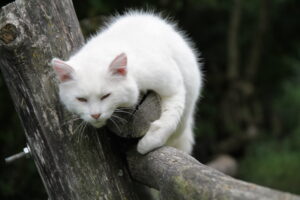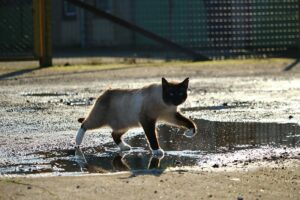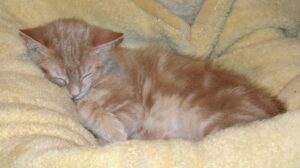How Long Can A Cat Go Without Eating ?
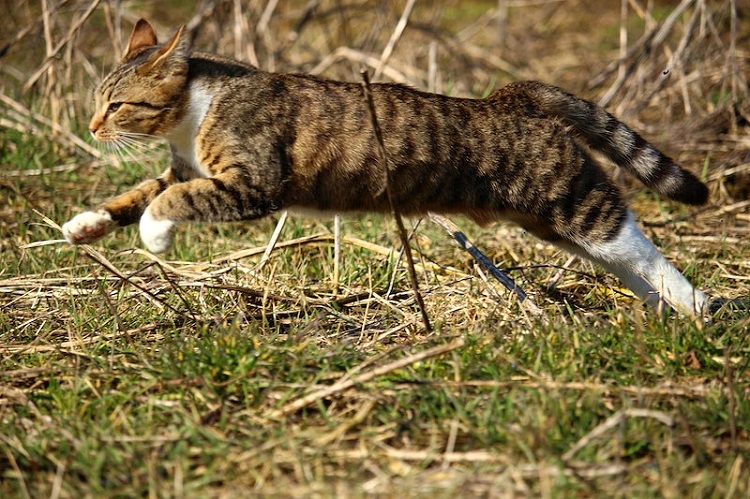
Free public domain CC0 photo.
How Long Can A Cat Go Without Eating :-Cats could potentially endure 1 or 2 weeks without sustenance, provided they have access to water. Nevertheless, any duration surpassing 24 hours should raise concerns. The prolonged absence of nutrition weakens cats considerably, and after a mere 2-7 days without food, they face a notable risk of hepatic lipidosis, a grave liver condition.
Seeking veterinary assistance promptly is crucial if your cat abstains from eating entirely or consumes significantly less than usual for over 24 hours. While an occasional day of fasting is unlikely to pose harm, early intervention enhances the chances of success and significantly diminishes the likelihood of more intensive treatment being necessary. A cat’s reluctance to eat might also serve as an indicator of a potentially severe health issue.
If your cat exhibits extreme lethargy, persistent vomiting, or other worrisome symptoms, it is often advisable to promptly consult a veterinarian rather than waiting beyond the 24-hour mark.
How Long Can A Cat Go Without Eating? Can a cat go 24 hours without food?
While cats can technically endure a 24-hour period without food, it’s not an ideal or healthy situation for them. If a cat refrains from eating for a full day, it could signify an underlying issue, making it advisable to reach out to a vet. In the case of kittens, the situation is more critical, and if they haven’t eaten for 24 hours, contacting a vet is imperative, given the rapid deterioration young animals can experience. Seeking professional assistance promptly is crucial for the well-being of your feline companion.
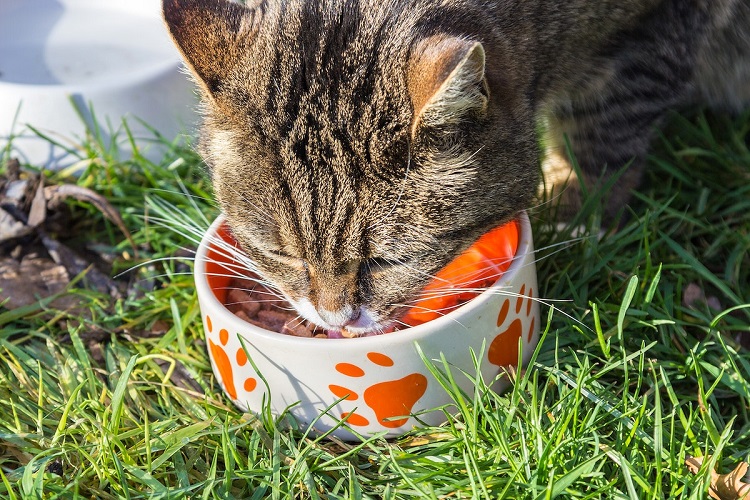
How Long Can A Cat Go Without Eating? Why Is My Cat Not Eating?
There’s an extensive array of reasons why your cat might unexpectedly stop eating or experience a decline in appetite. Observing any unusual behavior or accompanying symptoms is crucial for providing your vet with valuable insights into the underlying cause behind the shift in eating habits. By noting these changes, you enable your veterinarian to better comprehend and diagnose the factors contributing to your cat’s altered appetite.
Food allergies
Identifying food allergies in your cat may not be straightforward without consulting your reliable veterinarian. If you observe atypical symptoms such as a diminished appetite, skin problems, or digestive issues, especially within a few weeks of altering the diet or introducing a new treat, it might hint at an underlying dietary allergy. Seeking guidance from your vet is essential to accurately diagnose and address potential food allergies in your feline companion.
Respiratory problems
A congested nose can be quite discomforting, particularly for cats who heavily depend on their keen sense of smell to trigger their appetite. Respiratory illnesses manifest in various symptoms, and a reduced appetite is one of them. The impact of a stuffy nose on a cat’s ability to enjoy and seek out food underscores the importance of addressing respiratory issues promptly to ensure their overall well-being.
Pickiness
Cats often exhibit finicky eating habits, according to experts at Blue Buffalo. Factors such as taste, texture, or aroma can prompt your feline companion to bypass a meal. If a variety of your cat’s preferred foods fails to stimulate a regular appetite within 24 hours, seeking advice from a veterinarian becomes imperative. Consulting with a vet ensures a thorough understanding of the underlying reasons for your cat’s reluctance to eat, promoting their overall health and well-being.
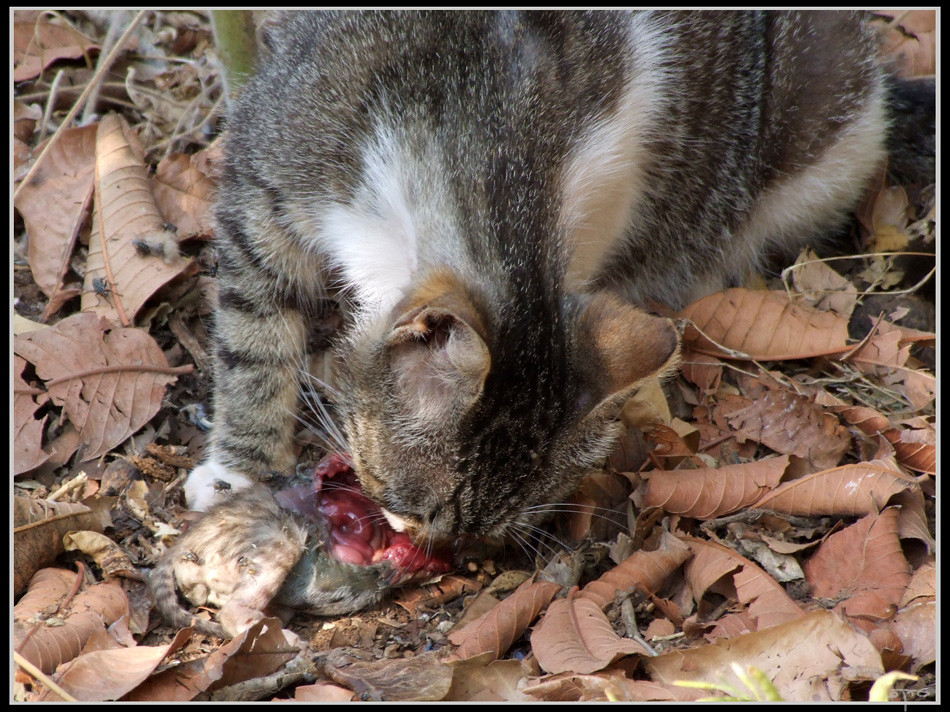
Digestive issues
When a cat undergoes gastrointestinal distress, including symptoms such as nausea, vomiting, diarrhea, or abdominal discomfort, they may exhibit reluctance to consume food or water. Regrettably, the absence of nourishment and hydration is likely to exacerbate the existing condition. Addressing the underlying gastrointestinal issues promptly and ensuring proper intake of food and water becomes crucial in preventing further deterioration of the cat’s health. Seeking veterinary guidance is advisable to develop an effective plan for managing and alleviating the gastrointestinal distress your feline companion is experiencing.
Sadness and depression
Our beloved four-legged companions can experience bouts of the blues. According to the resident cat expert on The Dog People Panel, signs of sadness and depression in cats can manifest in various ways. If your feline friend abruptly ceases to eat and rejects their favorite treats, it might be an indication of potential emotional distress. Recognizing and addressing these signs is essential for ensuring your cat’s emotional well-being, and consulting with a professional can provide valuable insights into their mental health.
Travel
It’s crucial to consult your veterinarian to determine if travel is safe for your specific cat. Any alteration in routine can induce stress, leading to a decline in appetite, potential illness, and other stress-related conditions. The motion of the car during travel might also trigger short-term nausea, contributing to a temporary loss of appetite. Prioritizing your cat’s well-being and seeking professional advice ensures a safer and more comfortable travel experience for your feline companion.
Anxiety
Anxiety can manifest in various ways, and its expression can differ from one cat to another. Some cats may exhibit a more subdued demeanor, freezing in posture and maintaining silence. Conversely, others might become more vocal, engage in excessive grooming, or undergo alterations in appetite and eating habits. Recognizing these diverse signs of anxiety is crucial for tailoring appropriate interventions to address your cat’s individual needs and ensure their emotional well-being.
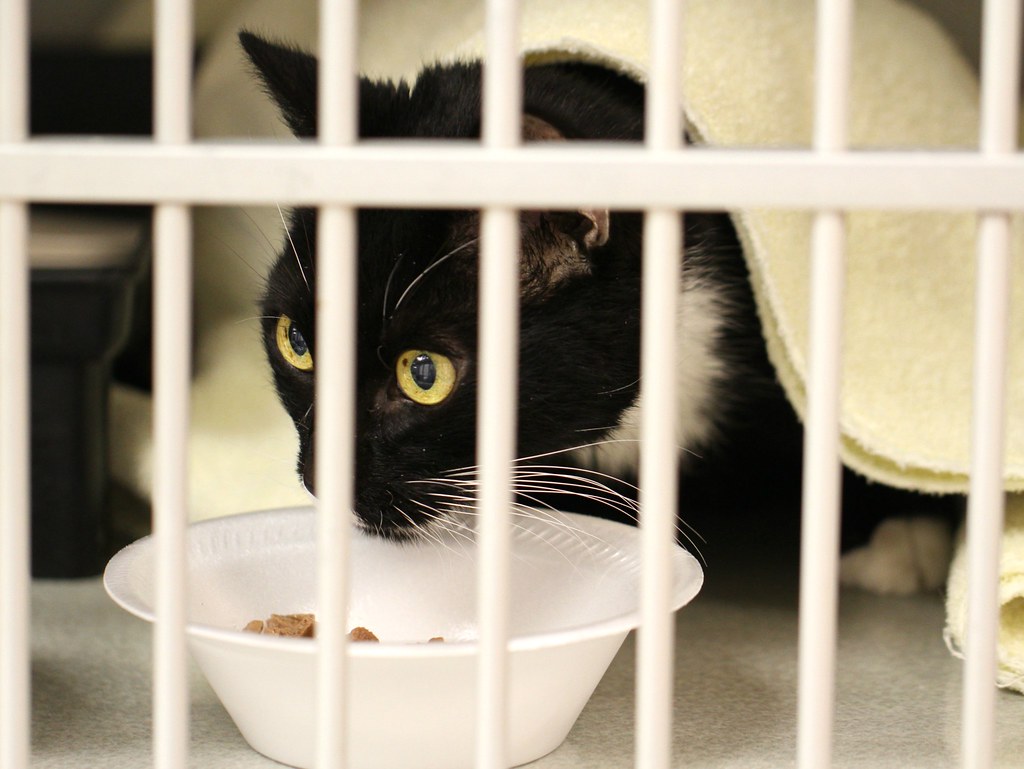
Foreign objects
The accumulation of excessive hairballs or the ingestion of foreign objects like string can create obstructions in your cat’s digestive tract. If you suspect your cat has swallowed a foreign object, and they display signs such as a loss of appetite, vomiting, or apparent discomfort, it’s imperative to promptly contact your veterinarian. Swift communication with a professional ensures timely assessment and appropriate measures to address any potential digestive issues, safeguarding your cat’s health and well-being.
Dental diseases
When your cat experiences a loss of appetite coupled with excessive drooling, bleps, discomfort during eating, or unpleasant breath (which regular tooth brushing may help alleviate), it could be an indication that a visit to the feline dentist is in order. Common dental problems in cats encompass issues such as gingivitis, toothaches, and fractured teeth. Seeking prompt dental care ensures the well-being of your feline friend, addressing potential oral concerns and contributing to their overall health.
Medications or vaccinations
While crucial for your cat’s health, vaccines and medications may occasionally bring about side effects, one of which could be a temporary loss of appetite. Although side effects are typically mild and short-lived, if they persist for more than a day or two, it is advisable to get in touch with your veterinarian. Timely communication with a professional ensures appropriate monitoring and adjustments to your cat’s medical regimen, maintaining their overall well-being during the course of treatment.
Underlying health condition
Unraveling the mystery behind your cat’s sudden loss of appetite can be challenging, and sometimes, only your vet can identify the root cause. Potential medical issues contributing to a decline in appetite and weight loss may encompass conditions like kidney disease, hyperthyroidism, liver problems, diabetes, pancreatitis, parasitic infections, and even cancer. Seeking professional veterinary assistance is crucial for a comprehensive diagnosis and the formulation of effective treatment strategies tailored to address these potential health concerns in your feline companion.
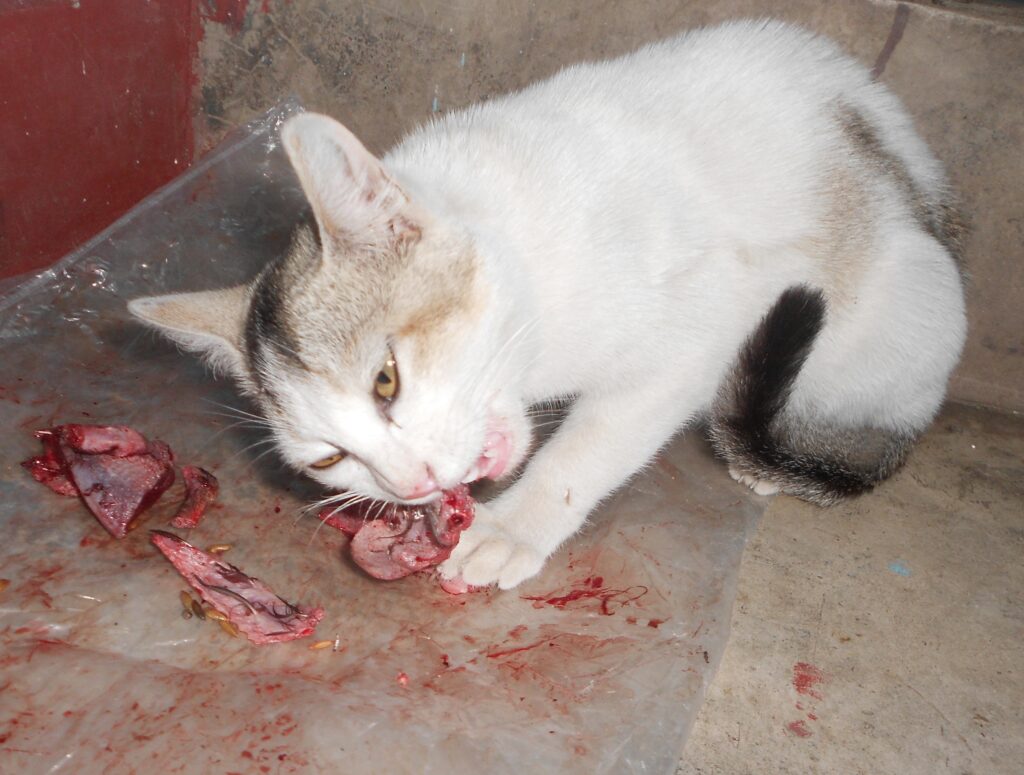
How Long Can A Cat Go Without Eating? How can I get my cat to eat?
Exploring various approaches might encourage your cat to resume eating. If stress is a factor, relocate their dish to a quiet area. Ensure both food and water bowls are impeccably clean. Introduce canned or “wet” food, or even meat baby food, which can be enticing. Another option is to moisten their solid food with the juice from a tuna can. To enhance palatability, consider warming the food, though careful mixing is essential afterward to prevent excessively hot spots. Experimenting with these suggestions could potentially reignite your cat’s interest in eating.

